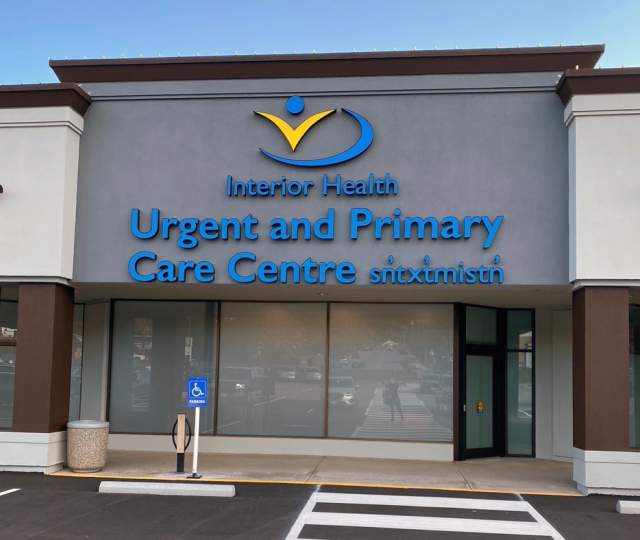A UPCC is not an emergency department – it cannot treat people with serious illnesses or life-threatening conditions. If you have a health emergency that requires immediate care, call 911 or go to your hospital emergency department right away.
Visit a UPCC if you do not have a family health-care provider, cannot access a walk-in clinic, or are unable to get an appointment with your regular health-care provider that day.
Learn what to expect when visiting a UPCC
Services at UPCCs vary depending on the location, but you can be treated for a number of urgent health concerns such as:
- Minor pain including sore throats and earaches
- Minor injuries including sprains and small cuts needing stitches
- Minor fevers, infections and upset stomach
- Sexual health
- Mental health including anxiety and mild to moderate depression
A UPCC is not intended to replace your family health-care provider as your first point of contact for health concerns, and it does not replace emergency departments for life-threatening illnesses or injuries. Rather, it is intended to be an additional service in the community, working together with your other services to provide appropriate urgent care when you need it.
For most health concerns, including referrals and prescription renewals, the best option is to call your primary care provider (family doctor or nurse practitioner) first. Your primary care provider knows you and has the best understanding of your past and current primary care needs.
UPCCs use a team-based approach and include a variety of health-care professionals who closely work together to provide your care. Depending on the nature of your injury or illness, you will be seen by the provider(s) best able to meet your needs. This may be a physician, a nurse practitioner, a registered nurse, or another health professional, such as a social worker, mental health worker or physiotherapist.
A UPCC may also help assist with connecting to a family doctor or nurse practitioner for those who do not have a primary care provider. While waiting to find a family doctor, the UPCC may provide your ongoing care needs. In some cases Urgent and Primary Care Centres will become a patient’s long-term patient medical home. This will be determined with your local Urgent and Primary Care Center team.














